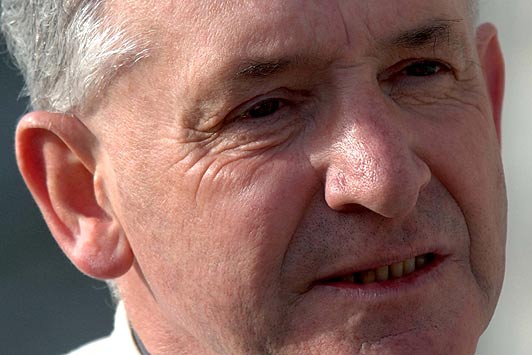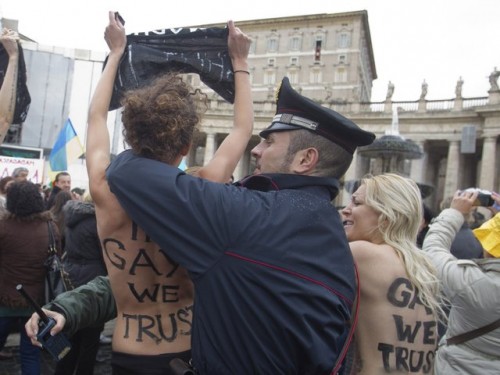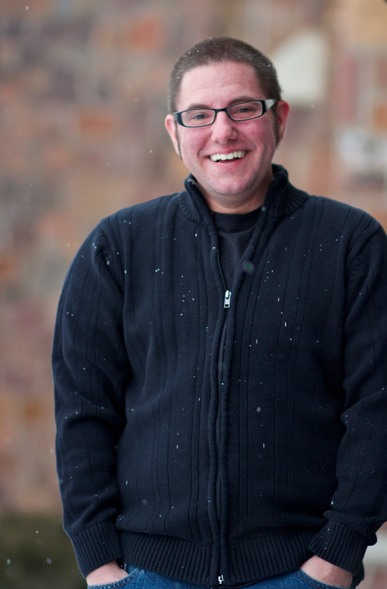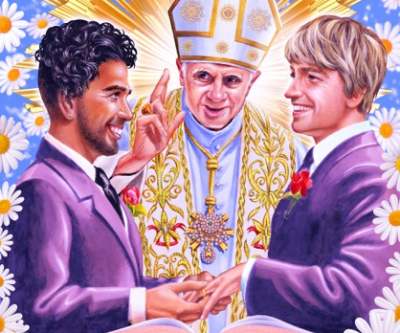By DOUGLAS DALBY
A well-known Irish Catholic priest plans to defy Vatican authorities on Sunday by breaking his silence about what he says is a campaign against him by the church over his advocacy of more open discussion on church teachings.
 The Rev. Tony Flannery, 66, who was suspended by the Vatican last year, said he was told by the Vatican that he would be allowed to return to ministry only if he agreed to write, sign and publish a statement agreeing, among other things, that women should never be ordained as priests and that he would adhere to church orthodoxy on matters like contraception and homosexuality.
The Rev. Tony Flannery, 66, who was suspended by the Vatican last year, said he was told by the Vatican that he would be allowed to return to ministry only if he agreed to write, sign and publish a statement agreeing, among other things, that women should never be ordained as priests and that he would adhere to church orthodoxy on matters like contraception and homosexuality.
“How can I put my name to such a document when it goes against everything I believe in,” he said in an interview on Wednesday. “If I signed this, it would be a betrayal not only of myself but of my fellow priests and lay Catholics who want change. I refuse to be terrified into submission.”
Father Flannery, a regular contributor to religious publications, said he planned to make his case public at a news conference here on Sunday.
The Vatican’s doctrinal office, the Congregation for the Doctrine of the Faith, wrote to Father Flannery’s religious superior, the Rev. Michael Brehl, last year instructing him to remove Father Flannery from his ministry in County Galway, to ensure he did not publish any more articles in religious or other publications, and to tell him not to give interviews to the news media.
In the letter, the Vatican objected in particular to an article published in 2010 in Reality, an Irish religious magazine. In the article, Father Flannery, a Redemptorist priest, wrote that he no longer believed that “the priesthood as we currently have it in the church originated with Jesus” or that he designated “a special group of his followers as priests.”
Instead, he wrote, “It is more likely that some time after Jesus, a select and privileged group within the community who had abrogated power and authority to themselves, interpreted the occasion of the Last Supper in a manner that suited their own agenda.”
Father Flannery said the Vatican wanted him specifically to recant the statement, and affirm that Christ instituted the church with a permanent hierarchical structure and that bishops are divinely established successors to the apostles.
He believes the church’s treatment of him, which he described as a “Spanish Inquisition-style campaign,” is symptomatic of a definite conservative shift under Pope Benedict XVI.
“I have been writing thought-provoking articles and books for decades without hindrance,” he said. “This campaign is being orchestrated by a secretive body that refuses to meet me. Surely I should at least be allowed to explain my views to my accusers.”
His superior was also told to order Father Flannery to withdraw from his leadership role in the Association of Catholic Priests, a group formed in 2009 to articulate the views of rank-and-file members of the clergy.
In reply to an association statement expressing solidarity with Father Flannery, the Congregation for the Doctrine of the Faith denied it was acting in a secretive manner, pointed out that Father Flannery’s views could be construed as “heresy” under church law, and threatened “canonical penalties,” including excommunication, if he did not change his views.
This month, the Congregation for the Doctrine of the Faith wrote to an American priest, Roy Bourgeois, notifying him of his laicization, following his excommunication in 2008 over his support for the ordination of women.
Complete Article HERE!





